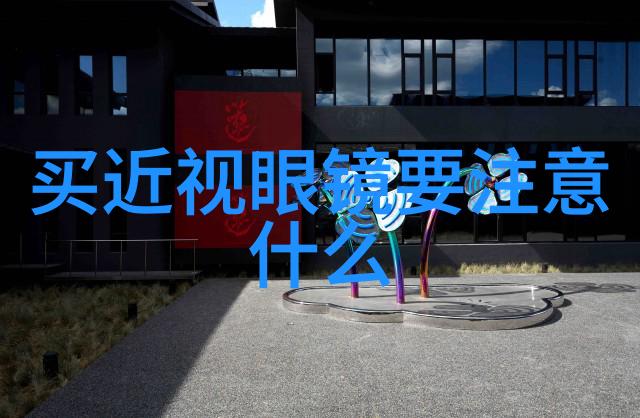Fast Fashion Meets Sustainable Style The Evolving
Fast Fashion Meets Sustainable Style: The Evolving Trends of the Apparel Industry

Introduction
The fashion industry has experienced a significant transformation over the past few decades, with fast fashion emerging as a dominant trend. Fast fashion refers to the rapid production and distribution of affordable clothing, often at the expense of quality and sustainability. However, in recent years, there has been a growing awareness about the environmental impact of fast fashion, leading to a shift towards more sustainable styles.

The Rise of Fast Fashion
Fast fashion began to gain popularity in the 1990s with retailers such as Zara and H&M offering trendy clothes at affordable prices. This business model was successful due to its ability to quickly respond to changing consumer preferences and offer new designs frequently. However, this approach also led to an increase in waste and pollution as garments were designed for disposability rather than longevity.

The Impact on Sustainability
The fast fashion industry has had a significant negative impact on sustainability. Clothing production is one of the largest polluters globally, with textile production accounting for around 10% of global carbon emissions. Additionally, millions of tons of clothing end up in landfills each year due to overproduction and poor recycling practices.

The Emergence of Sustainable Styles
In response to these issues, there has been an increasing focus on sustainable styles within the apparel industry. Brands are now prioritizing eco-friendly materials such as organic cotton and recycled polyester while also implementing more efficient manufacturing processes that reduce waste and energy consumption.

5.Conclusion
As consumers become more aware about their environmental footprint through their purchasing decisions,
there is likely be continued growth towards sustainable style trends within apparel industry.
It is crucial for both consumers and brands alike take responsibility by adopting ethical practices,
and support businesses that prioritize people's welfare along with environment protection.
By doing so we can ensure that our wardrobe choices have minimal impact on planet earth while still looking stylish!



